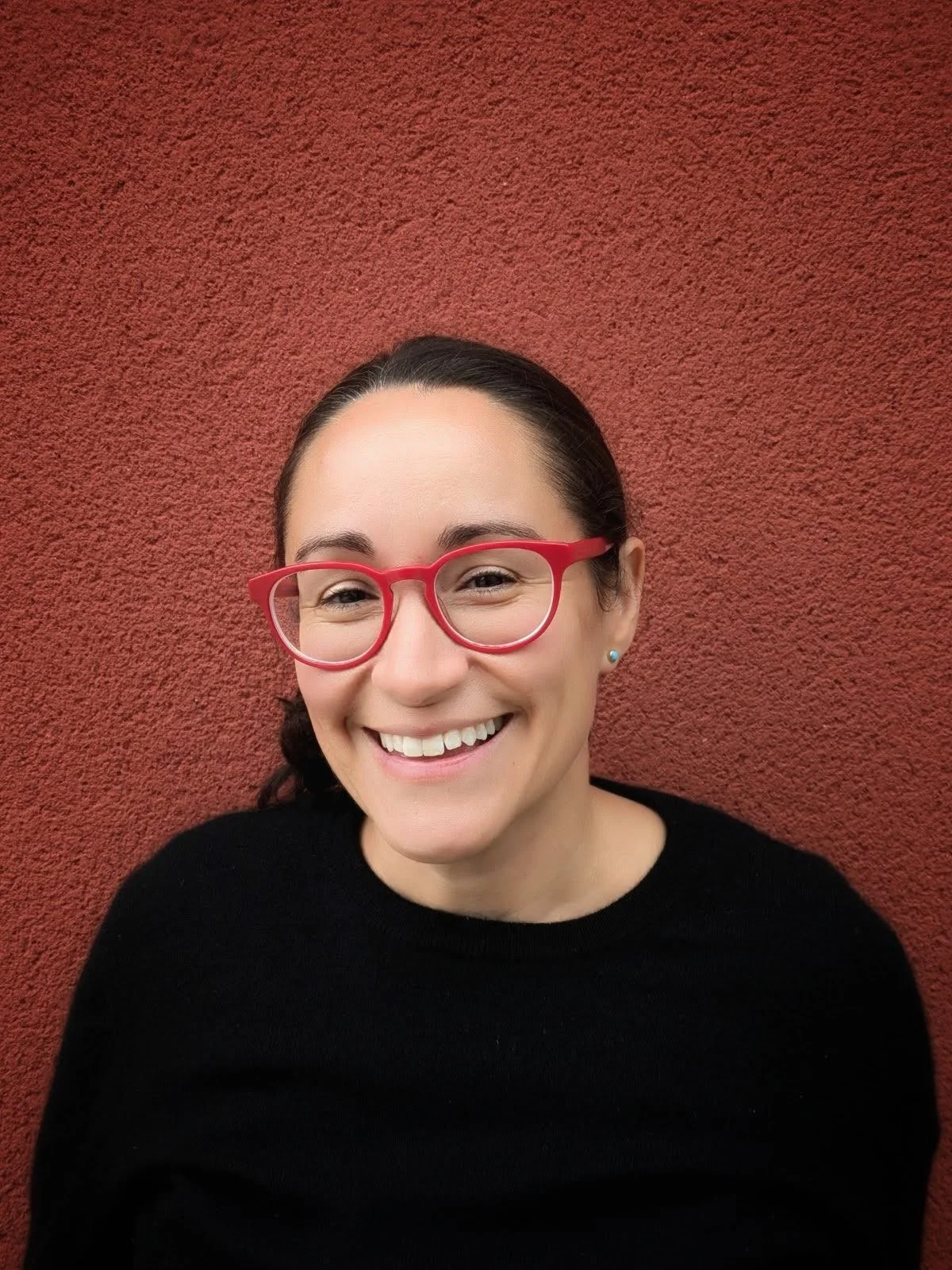Pay to Play?
For over a decade, my professional life has revolved around the seemingly opaque world of federal grant review. As an associate professor and a long-time reviewer for the National Science Foundation, I’ve sat on countless panels, reading hundreds of proposals. I've seen inspiring proposals and ones that were dead in the water.
This year, I was offered an NSF rotatorship, and then it was pulled. Now, I'm bringing that expertise to you. And yes, this is to make money. Some call this "pay to play,” but here’s why that oversimplifies the reality.
A Decade of Undeniable Expertise
My prices are not arbitrary. They reflect a decade of dedicated, mostly uncompensated, labor. They reflect the thousands of hours I’ve spent:
Reviewing complex (sometimes multi-million dollar) proposals, assessing their strengths and weaknesses.
Learning to decode the unspoken rules and evolving priorities of NSF.
Sitting on panels, advocating for proposals, and understanding the mindset of reviewers (and program officers).
Developing an instinct for what makes a proposal "panel-ready", something that sets it apart from intense competition.
Post-tenure, you really come into a new level of self-awareness about the things you are good at. For me, that’s 1) measuring trees and 2) reviewing grant proposals. Call me a grant whisperer, but I’ve grown a sixth sense for what makes a proposal shine and what makes a proposal stink. I’m strangely good at it (and enjoy it!).
The Elephant in the Room: Paying for Expertise
For established PIs, fees like this are not out-of-pocket. These fees are covered through institutional start-up funds, discretionary accounts, or faculty development money earmarked for increasing the research competitiveness of an institution. This represents an investment in the institution's success by building its grant portfolio and increasing incoming federal dollars. In this sense, the fee for my service represents a strategic, budget-line item for serious research initiatives.
Graduate Students and the GRFP
But what about graduate students? What about those applying for the GRFP with limited to no institutional support? This is where things get personal.
I am a single-income academic. My son’s 529 college savings are nowhere near where they need to be. And I’ve long accepted the reality of being a forever-renter in a housing market that has left single-income families behind. It’s an understatement to say that I understand financial precarity. I am also working to build a rainy-day fund for my own lab's research, to protect my team from the same funding uncertainties I'm helping others navigate.
I know this volatility firsthand. That NSF rotatorship position was pulled due to the very funding threats that are destabilizing our field. And it was pulled just as I was making preparations to move to Alexandria. This isn’t the first time my career was upended (see Hurricane Maria, pandemic), and I’m good at the hard pivot.
I strongly believe that access to this kind of expert guidance shouldn't be limited by financial means. Of course I have to believe this….growing up, I watched my family struggle financially (and told myself I’d ‘get out’). But the reality of my own family's financial future, and the need to protect my research's long-term viability, has brought me to a difficult, but necessary, crossroads. My time, like yours, is finite and valuable.
This is why, while my standard rates reflect the value of my time and expertise, my rates are significantly reduced for the GRFP review (a 70% reduction), and I am exploring options for a limited number of pro bono critiques, particularly for students from underrepresented backgrounds or from institutions with minimal support. Details on this will be forthcoming, as I consider how to implement such a program without compromising the quality or sustainability of my core service or the well-being of my family.
In the meantime, for a free program, the Botanical Society of America has a GRFP program, and many other resources are out there, too. Like this video and these sample proposals and reviews.
The Path Forward
This service is born from decades of experience, and priced with an honest understanding of its value and my family's and lab’s needs.
When you choose to work with me, you’re not just paying for a mock panel review; you're investing in the highest level of preparation from someone who has been on both sides of the panel.
Check out my packages, or email me (catherine [dot] hulshof [at] gmail [dot] com) for a Scope of Work and to discuss details.
Make it stand out
Whatever it is, the way you tell your sfdsfdstory online can make all the difference.fds
Yours truly,
Catherine Hulshof, grant whisperer, tropical biologist, quiet rebel, and lover of all things dark chocolate (75% or above, of course).
